Talking to kids about cancer isn't easy, but if a close friend or relative has been diagnosed, it's a critical conversation. Kids are observant and if cancer has entered your inner circle, I guarantee it's on their minds in one way or another, especially if they're preschool age and up.
I learned this when my daughter, at age six, came home from summer camp with a cute craft box at camp designed to keep her prayer requests. As I ooo'ed and awe'ed over her decorating, it took my breath away when she removed the lid. A yellow star crafted out of construction paper made her top prayer request clear as day:
She prayed I will not get colon cancer ever again.
It warmed my heart to see her thinking of me. But it was also a signal that we needed to talk more about my cancer and unpack her feelings about it. Although I was in remission and had a clean bill of health, I didn't realize she was so aware of my cancer nor that it she was praying about it.
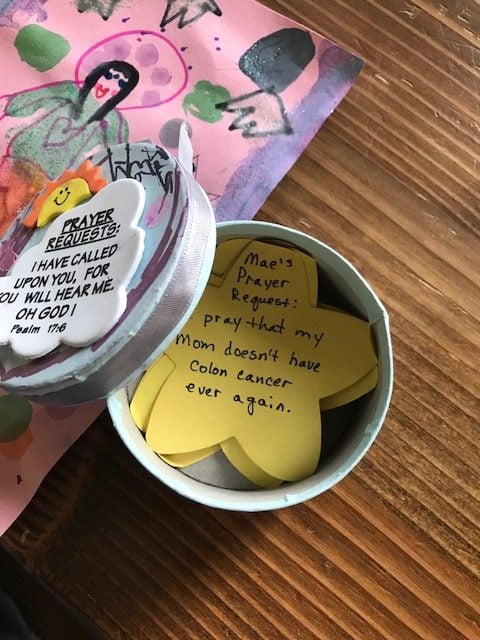
How to talk to kids about cancer
For as long as my daughter can remember, I've been a cancer survivor. She's not watched me fight active disease, but she's seen me consider major surgeries and hospital stays, come home with wraps around my arms after blood draws and suffer from long-lasting treatment side effects.
Although this is normal for me, I assumed it's normal for her, yet as she's grown and been able to comprehend cancer better, I've had to continue finding new ways to talk about it. I forget it's not super common for kids have a parent also be a cancer survivor. Her subtle comments, art projects and behavior can be signals that we need more conversations.
While I'm still learning, here are 5 ways I've learned how to talk about cancer with kids:
#1 - Welcome her cancer questions.
Children are naturally curious, and when something's new or different about the household, they quickly pick up on it.
It's helpful for kids to know they can always ask questions - even if it's personal, hard to discuss or related to cancer. Kids are often more resilient than we think.
Here are two ways I've coped with the abundance of questions, especially the mix of private and personal ones.
Set personal boundaries.
I pre-determine what I'm willing to share and what I'm not ready to talk about yet. This helps me not fear her questions or brush her off. If she asks something that crosses my personal boundary, I simply suggest a different topic.
It's taken me time to discern what should be discussed now and what needs to wait based on her maturity. The topics are ever-evolving just like she is. But boundary-setting helps me feel comfortable keeping the conversation open.
New at this? The book Boundaries is a game-changer. Also, follow the therapst, Nedra, on Instagram.
Initiate the questions myself.
When we initiate talking to kids about cancer, it helps them know it's OK to discuss it. This isn't just the case for my daughter, but for my nieces and nephews too. I love watching kids light up when we give them permission to "go there" and ask about what may perceive as an, "off limits" conversation.
Opening up the conversation also helps me guide it. I'll ask my daughter what she thinks and feels about my cancer. I'll use books that explain cancer to kids. Looking for a good starting point? This book, "What Do I Tell the Kids" is a great help!
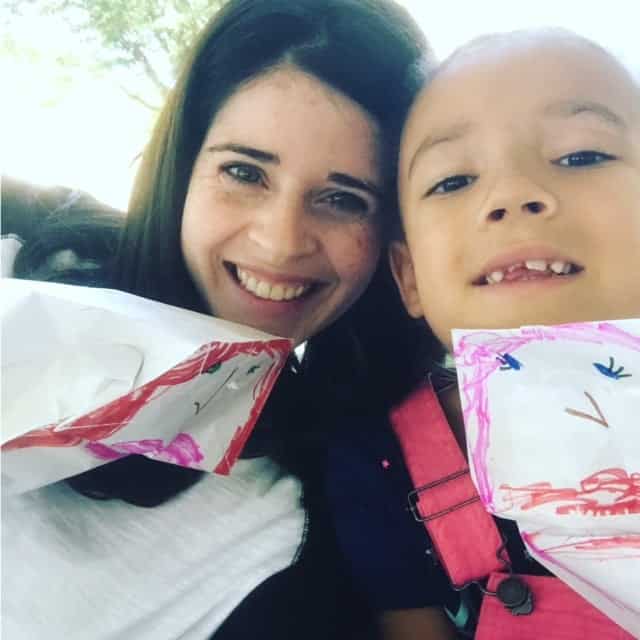
#2 - Engage the creative side
Art, music, books, plays - these are all helpful tools when talking to kids about cancer (and really adults too!). Creative arts can be very healing. And, the arts can bring out conversations that wouldn't have started otherwise, along with feelings and emotions that may get trapped inside our heads.
My daughter's craft box showed me cancer was on her mind. Cancer has also come up when she's drawing stick figures or playing with Barbies. I don't push this cancer conversation on her, but I do encourage her to engage in the arts as much as possible and listen and watch for what comes out. As I observe her playtime and creativity, it gives me ideas for what to talk about with her.
#3 - Give kids a sense of ownership and control
Cancer makes you feel out of control. This is unsettling no matter how old you are. It's hard on adults AND kids. But, giving the kids some type of ownership over their own stories with cancer can really help them. Here are a few ideas that apply to a variety of ages:
- Nurse: Let them be your "nurse" if you're not feeling well at home.
- Playtime: Let them talk freely about cancer through their artwork and playtime.
- Community: Introduce them to other kids facing cancer or other kids who have parents with cancer (check out Camp Kesem - I've heard amazing things about this experience!)
- Awareness Gear: Get them cancer awareness t-shirts and let them choose when they wear them.
- Ownership: Let them host fundraisers and events for awareness with their classes and teams. Ask them specifically to join your race or team if you're participating in a cancer event.
- Their Story: Encourage them to tell their story and how cancer impacted them - not just their loved one's story.
- Events: Take them to advocacy events to meet other kids so they see that your family isn't the only one facing the disease. (Shameless plug for Call-on Congress if you're a colon cancer fighter like me.)
- Books: Read books written specifically to help adults talk to kids about cancer. This book, Talking to Children About Cancer (and its associated website) have a lot of great resources.
- Spirituality: Pray together and let them hear you talk to God about the diagnosis.
- Tag Along: If there's a doctors appointment they can tag-along with to see your "cancer world," let them go.
- Scholarships: When they're older, there's a variety of scholarships out there for kids who've had cancer, or kids who's parents had cancer. (A Google search is the best way to find them or some local survivors, social workers and schools may be able to help too!)
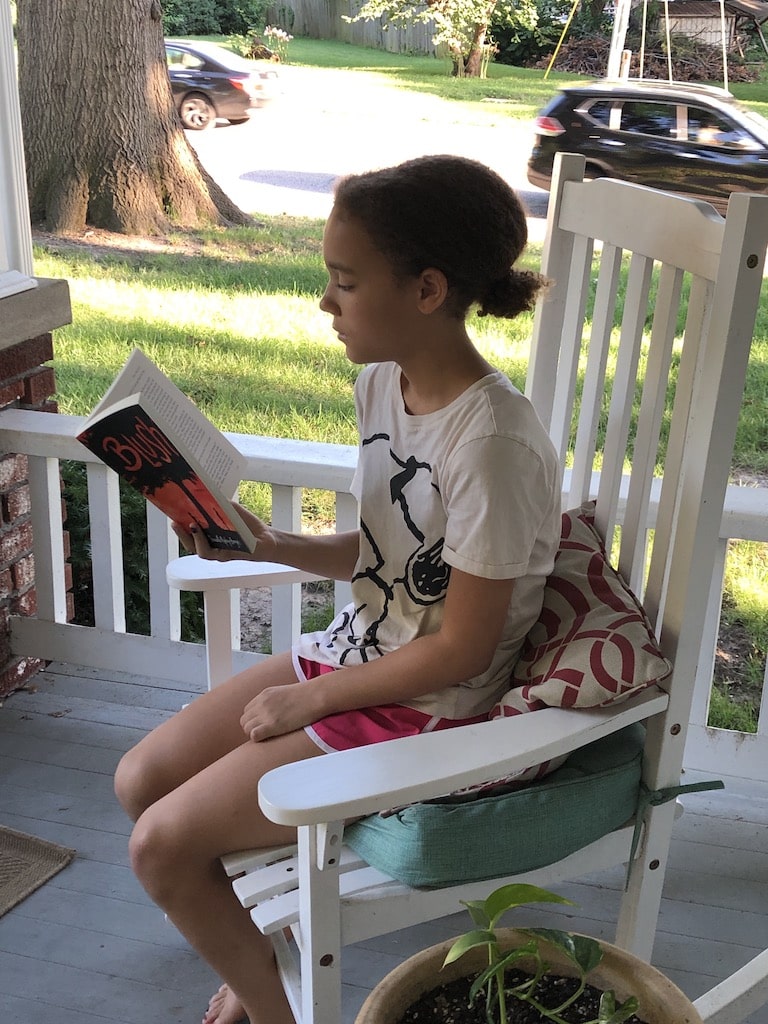
#4 - Name and claim the emotions
Cancer is scary. It's confusing and hard. It's unsettling and angering. Anyone touched by the disease will often carry these emotions.
Even if your family isn't great at talking about feelings, cancer provides a good opportunity to start.
It's important to identify, name and claim the negative (and maybe even positive!) emotions that come with the disease. And, make this age-appropriate.
- In the early days when my daughter first learned about cancer, it was a big, scary mean guy. He wasn't contagious, and she knew I do everything I can to fight him, kick him, hit him and keep him away.
- Lately, we've moved on to one-word emotions. She can tell me cancer makes her sad because I almost died.
Even though this doesn't make the cancer go away, it does disallow fear to have so much power.
We've been intentional about repeating the process, one time isn't enough when dealing with emotions, kids and cancer. Building a regular "check in" with your kiddo to understand how he/she feels if you're facing cancer can be very helpful.
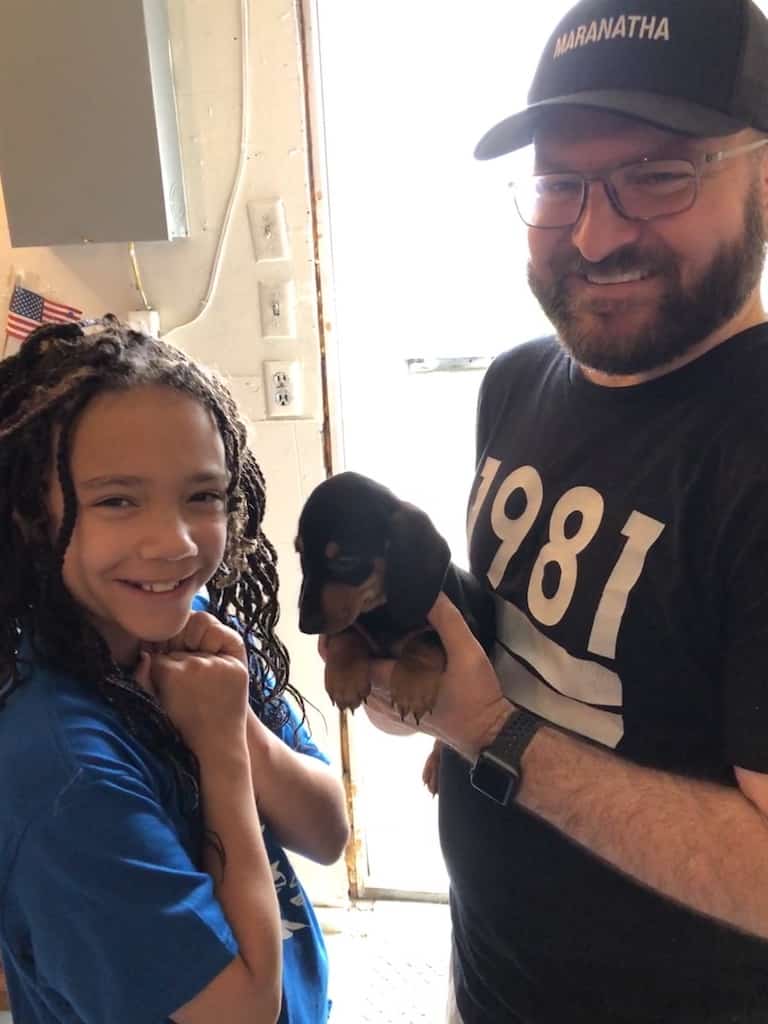
#5 - Tap into professional counseling support
I'm a huge advocate of counseling and I think everyone should go at some point.
But even if that's not feasible, I recommend someone in the family see a professional to get mental health support through cancer. Many health plans will even cover this as part of your treatment plans these days!
Professionals can help adults cope with cancer and give ideas for talking to kids about cancer. Many times during my appointments with a counselor, I get parenting tips on how to face hard topics with my daughter.
Thanks to the evolution of survivorship care, many cancer teams are now asking about and offering mental health (also called psychosocial) support.
Some programs even include family members of the patient.
I encourage you to ask you doctors and nurses about this if they've not brought it up. If you're insured, your health plan may likely include these benefits.
If you're near a local Gilda's Club, this can be a helpful place for the entire family to go (Noogie Land is awesome for kids). American Cancer Society also talks about importance of psychosocial support for families facing cancer.
There's no shame in getting professional help.
While your body is fighting disease, it's likely your mind will need a little help, too.
*Note: I am not a licensed clinical professional, these are my personal ideas. And, these are not affiliate links, just helpful resources I've come across over the years.
[…] If your family is impacted by cancer too, I wrote a blog on tips about talking to kids about cancer. […]